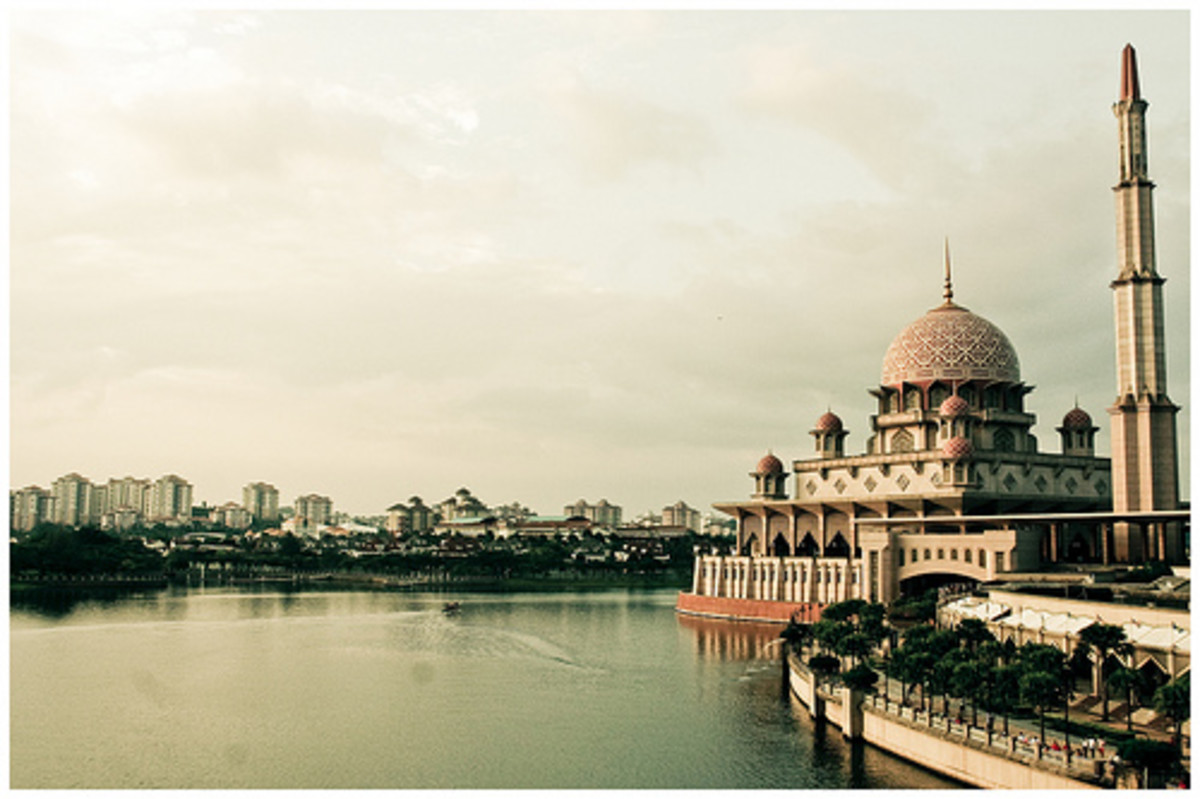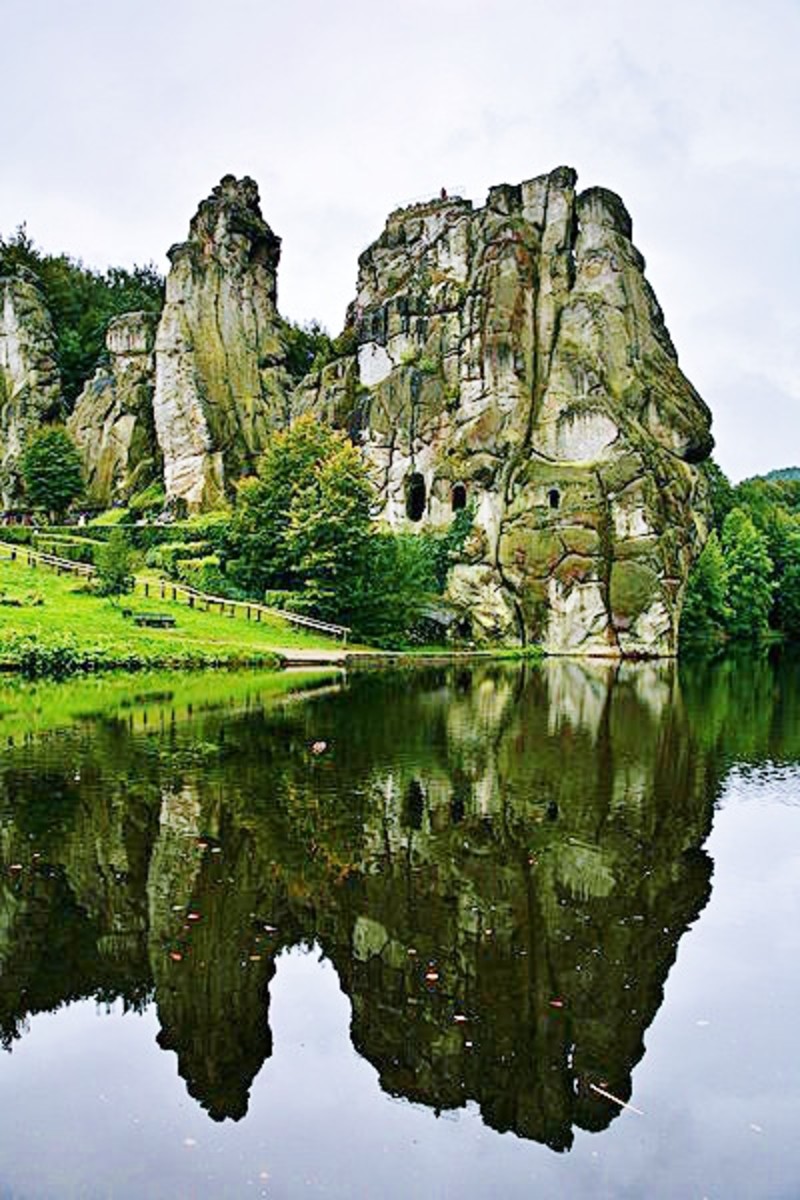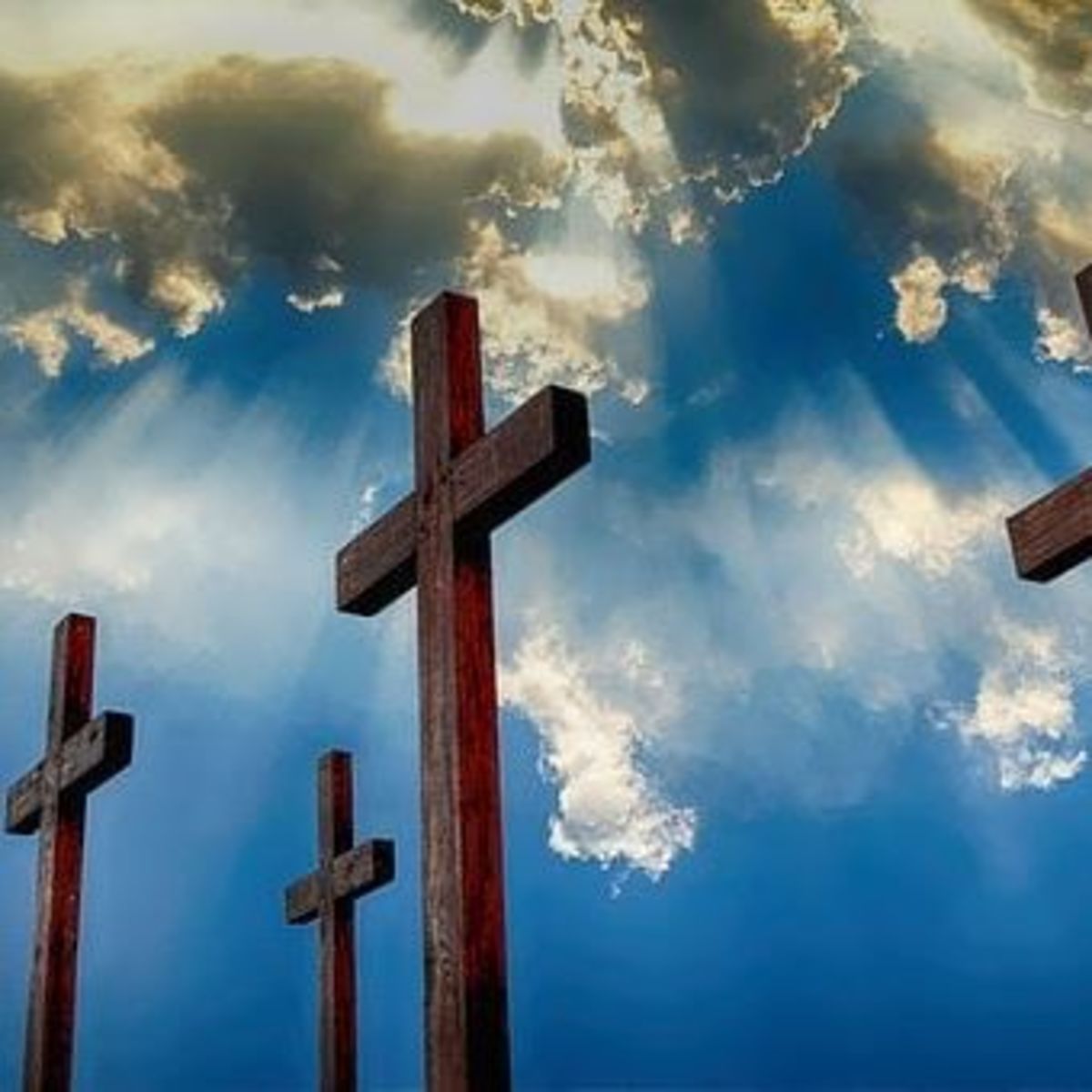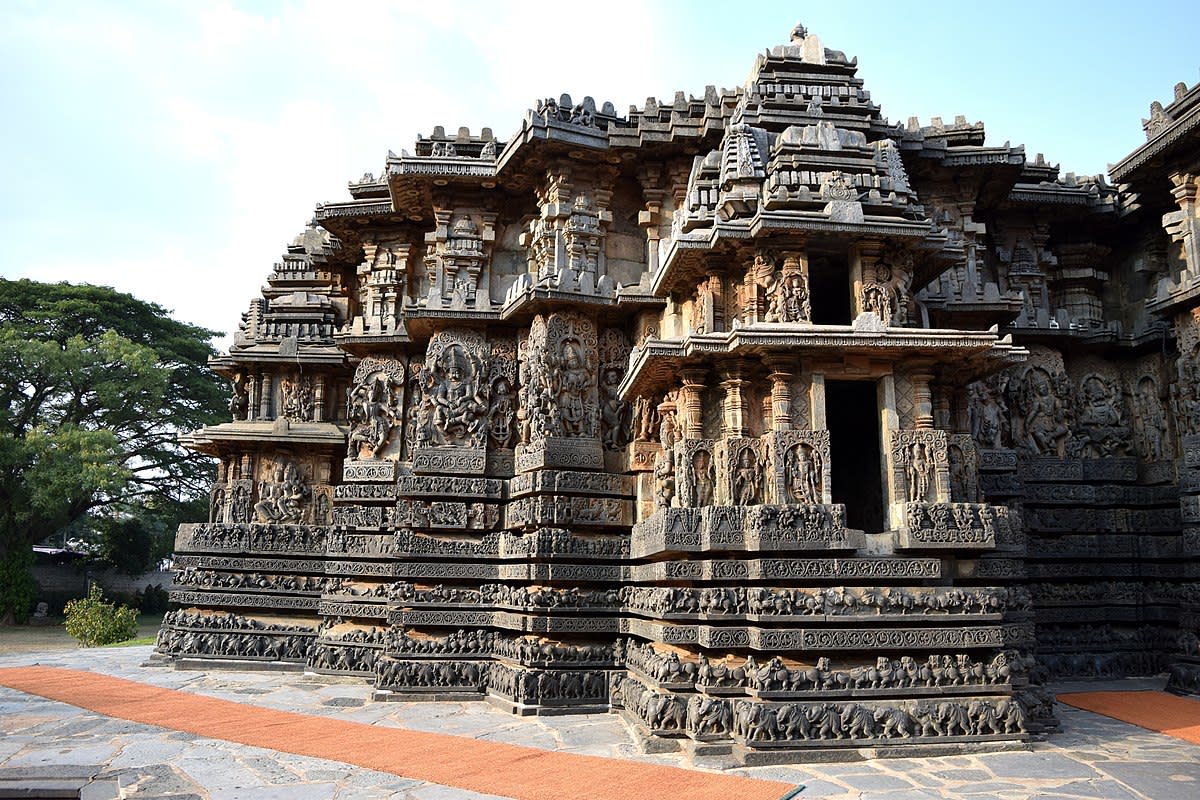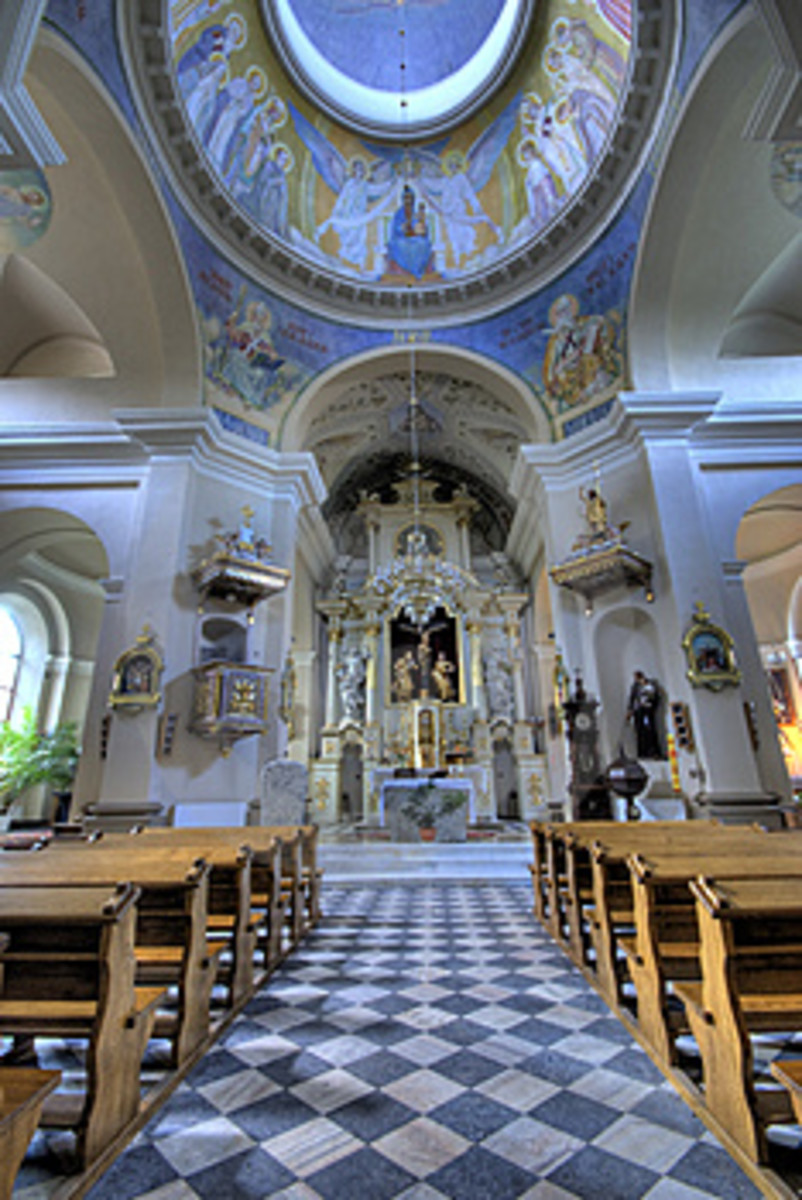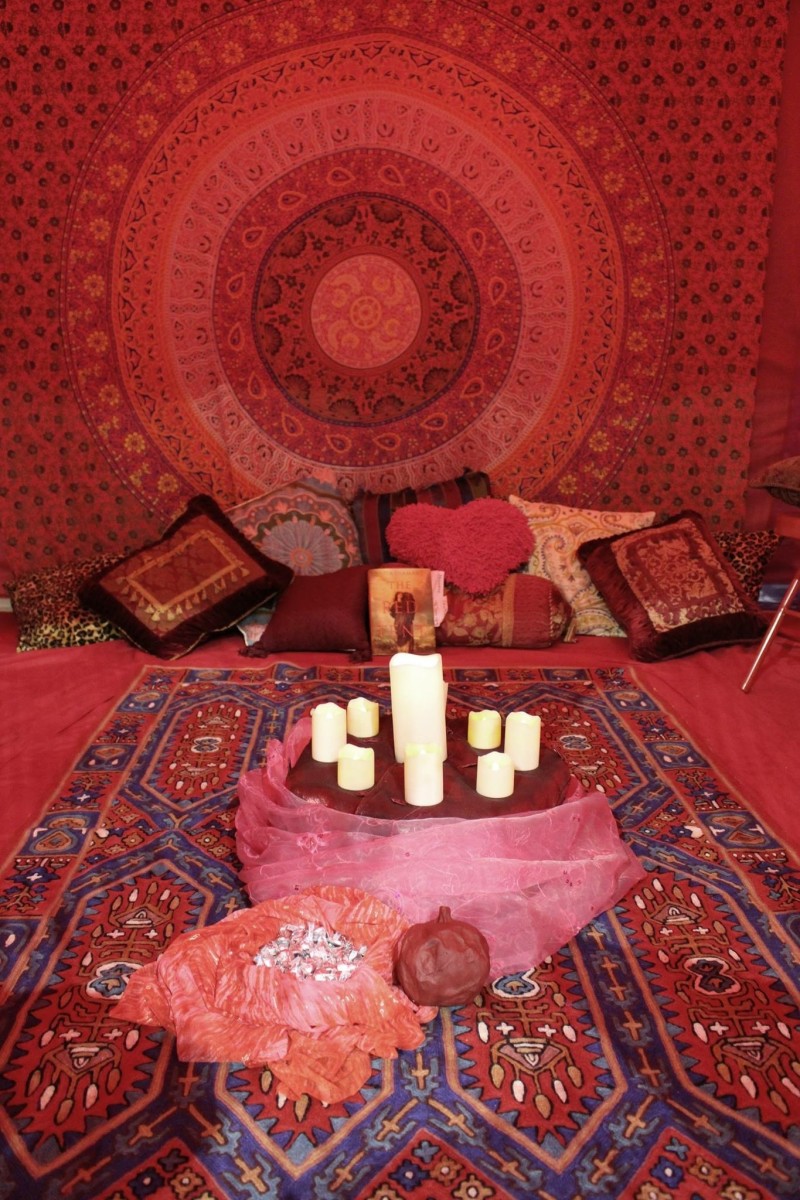Non Muslim Religious Places in the United Arab Emeritus
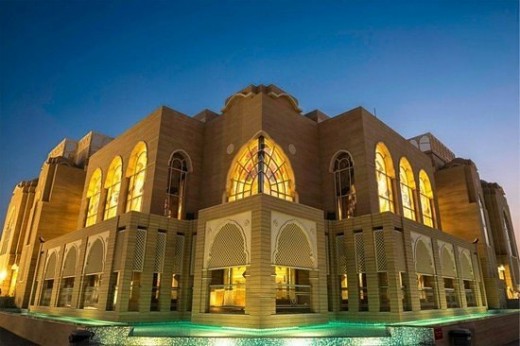
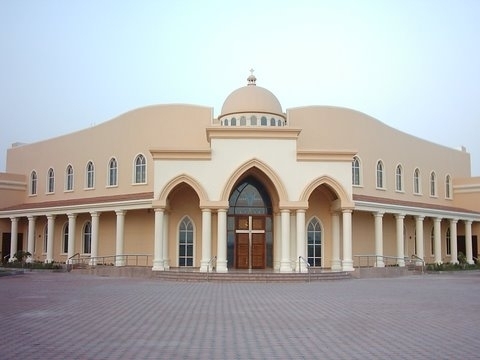
Background
The United Arab Emeritus is a conglomeration of 9 sheikdoms. They are located on the edge of the Arabian desert and abuts the Persian Gulf and the Arabian Sea. The two principal components of the UAE are the states of Dubai and Abu Dhabi. The UAE borders the kingdom of Saudi Arabia and also faces Iran across the Persian Gulf. Both countries in their own way are intolerant of other religions. In particular, the kingdom of Saudi Arabia which enforces the Wahabi concept of Islam with its resultant punishment of death by stoning and beheading for assorted crimes.
The UAE is a Muslim state and almost 99% of the inhabitants are Sunni. The law of the land is based on Islamic principles and the Sharia. But here is where the UAE is radically different from its powerful neighbor Saudi Arabia. The UAE by a combination of factors is, in reality, a peaceful place. Credit for this must go to the UAE government and their rulers who have imbibed the best principles of Islam and allowed freedom of worship to inhabitants who may profess the Christian, Hindu or Sikh faith.
Part of this freedom of worship is necessitated by the realization that expatriates form a large part of the population. This is a compelling feature as 80% of the population are expatriates hailing from the sub-continent. At a conservative estimate, 30% of the expatriates are from India.
The Sikh and Hindu Temples
A few years back Sikhs who reside in Dubai approached his Highness the ruler of Dubai for land for a Sikh temple ( gurudwara). He was gracious and allotted land at Jebel Ali about 30 km from the city center. It was a sandy area but soon developed and now also has one of the finest shopping Malls in Dubai, the Ibn Battuta Mall.
The gurudwara came upon this land with donations from the Sikh diaspora from all over the world and the ruler himself graced the opening of the gurudwara. The Sikh temple is one of the best I have seen anywhere and has a 24-hour " langar" or free meal canteen running on a 24-hour basis. However, restriction in design was placed and the gurudwara does not have a traditional look with curvaceous domes as seen in other Sikh gurudwaras. Perhaps this is enforced to make the Sikh temple look more like an ordinary building than a place of worship.
Much earlier to this Sikh temple an old Hindu Shiva -Krishna temple has been in existence in Old Dubai. Located at Bar Dubai this has a Hindu temple on the ground floor and a small Sikh temple on the first floor. it is located in a crowded area and has existed for decades. However again the temple which is located in a small lane is not allowed a traditional look and in a way, the fact that it is a temple is kept hidden. This is perhaps a concession to hardliners in the Muslim community
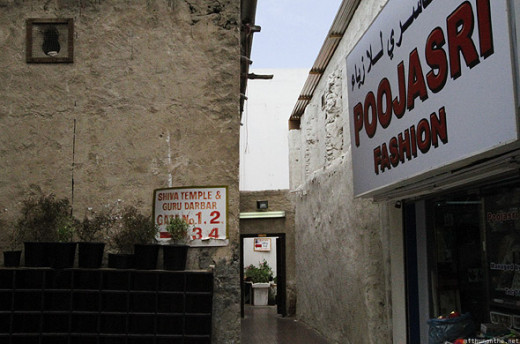
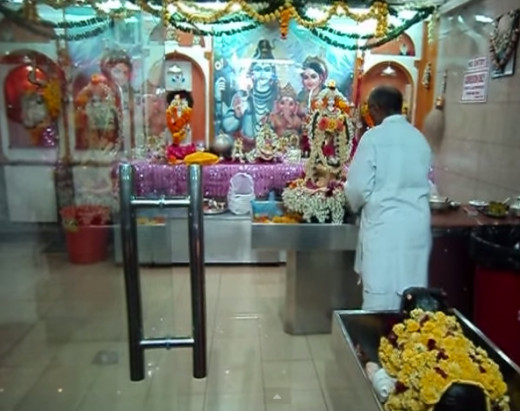
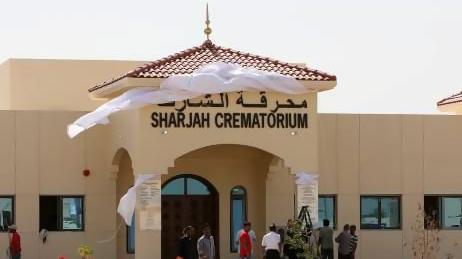
Christian Worship is Allowed
One can recollect the statement of the chief Mufti of Saudi Arabia, who had called for all places of Christian worship to be razed to the ground. Fortunately, the UAE is a pragmatic and wonderful place and many churches dot the UAE. But the churches in the UAE are not allowed to advertise their existence and exist only for the expatriate Christian population.
A new Roman Catholic church has been built at Jebel Ali in Dubai. It is adjacent to the Sikh temple and both places of worship are frequented by hundreds of devotees every day. These religious places reveal the approach of the UAE government. One can perhaps understand the compulsion of the UAE government in allowing these religious places as the entire economy is dependent on the expatriates.
Last Word
The UAE as already pointed is a peaceful place in the Middle East. This is certainly a surprise as all around there is near anarchy. One wishes the other nations can take a leaf out of the book of the UAE and be tolerant of the population and government are.
The future looks rosy for the Hindus and during the recent visit of Narendra Modi the Indian Prime minister to the UAE, the government and ruler have very graciously allotted land for a Hindu temple in Abu Dhabi the capital of UAE. This will be the first temple in Abu Dhabi.
The UAE also allows all Hindu and Sikh festivals to be celebrated like in India and for this, the government of the UAE must be commended. All Hindu festivals like Ganpati immersion are permitted.The UAE also has a Hindu crematorium at Sharjah. One hopes that the winds of change will blow from the UAE to other parts of the Middle East. But one aspect that needs mention is that unlike other places the entire economy of the UAE is dependent on men from the sub-continent and that has its own compulsion. The rulers have placated the vast majority of these workers by allowing them to worship and cremate their dead as well. It could be the politics of compulsion.
Is the UAE government tolerant to other religious minorities like Sikhs, Hindus and Christians
Latest developments
The UAE has now moved one step ahead. During the last visit of Narendra Modi, the government of Abu Dhabi has allotted land for a Hindu temple. There were only makeshift temples in private houses but with the allotment of land, a proper Hindu temple will be built. This again shows that the UAE despite being governed by the Sharia is also a secular place.

